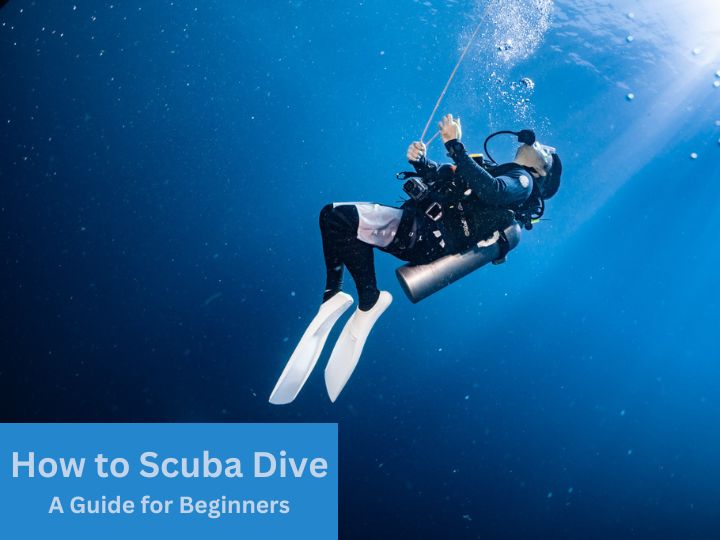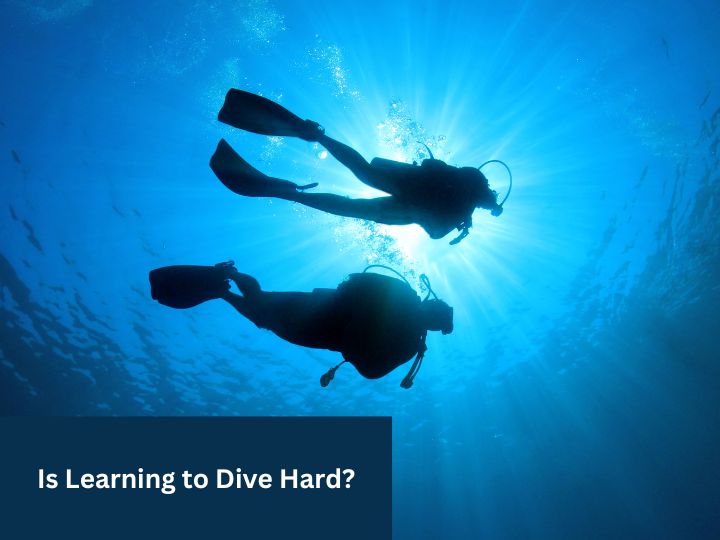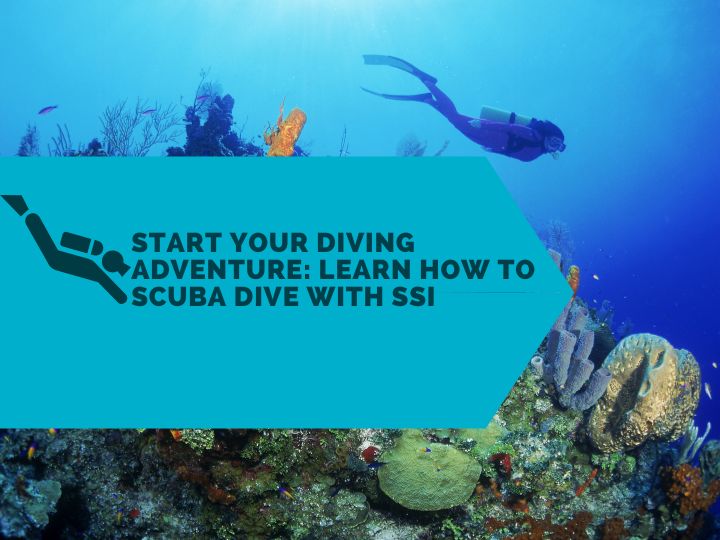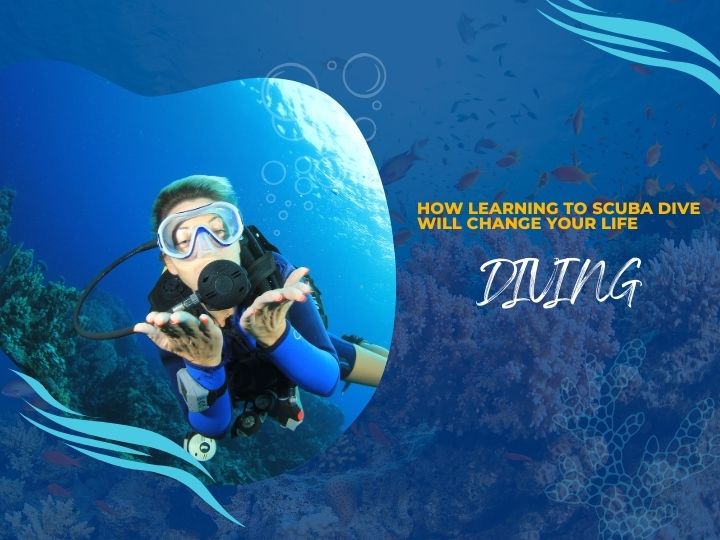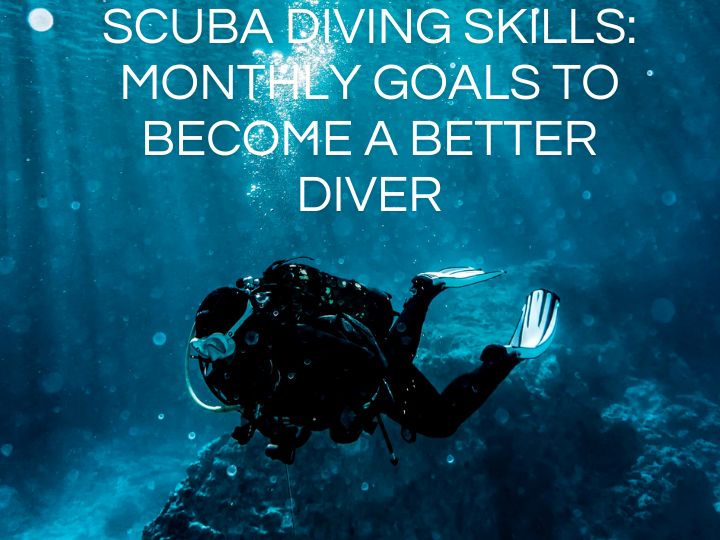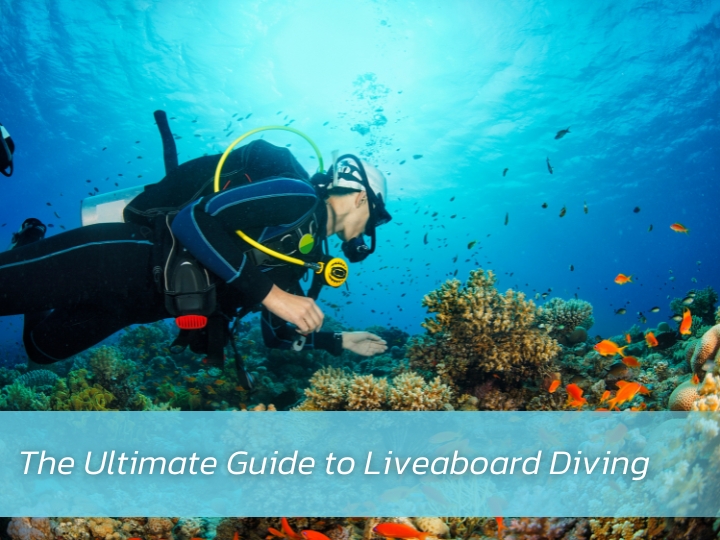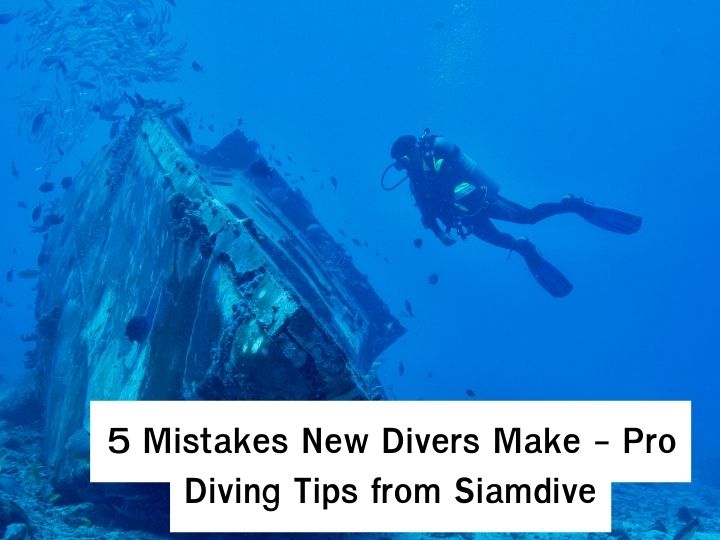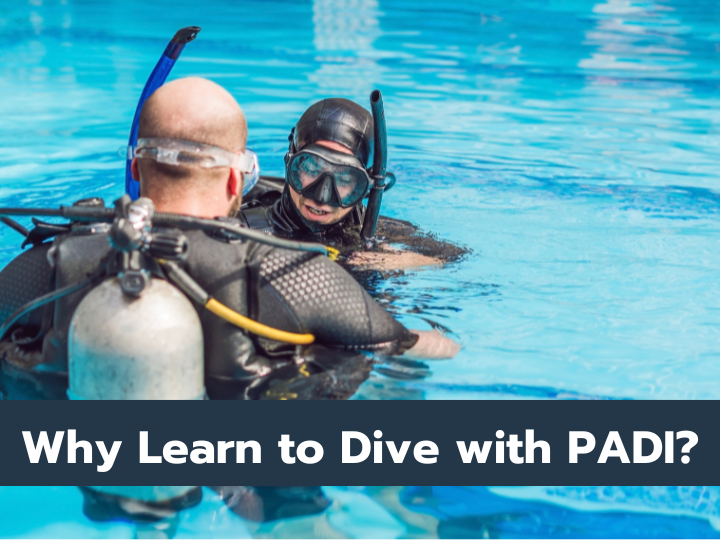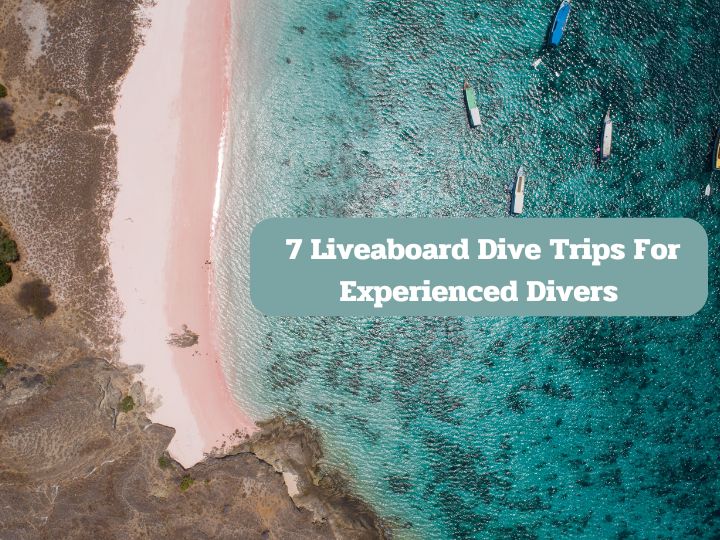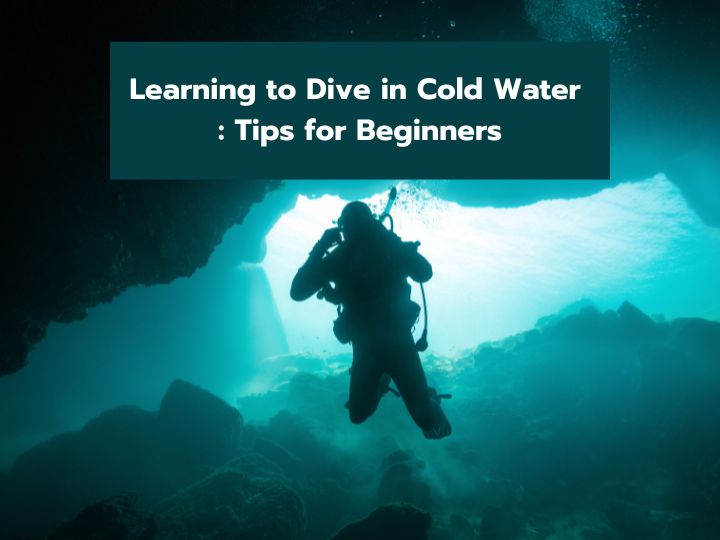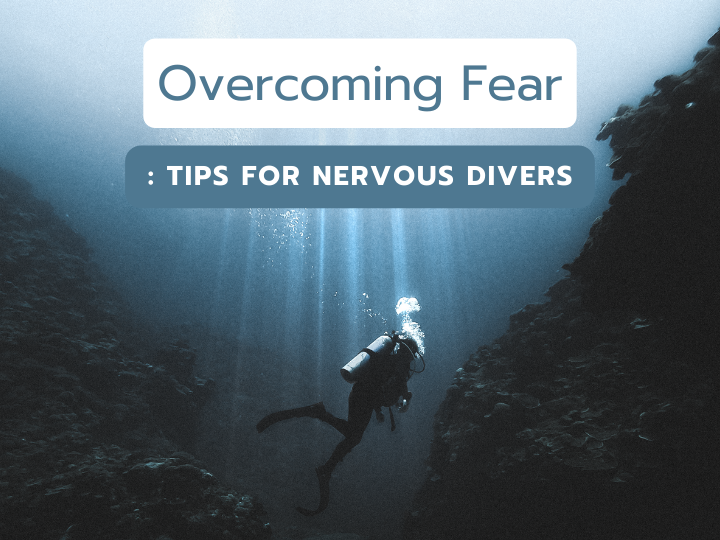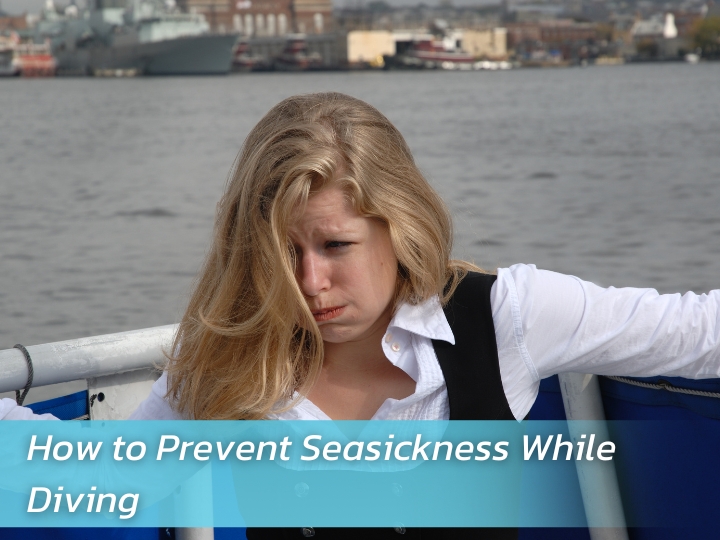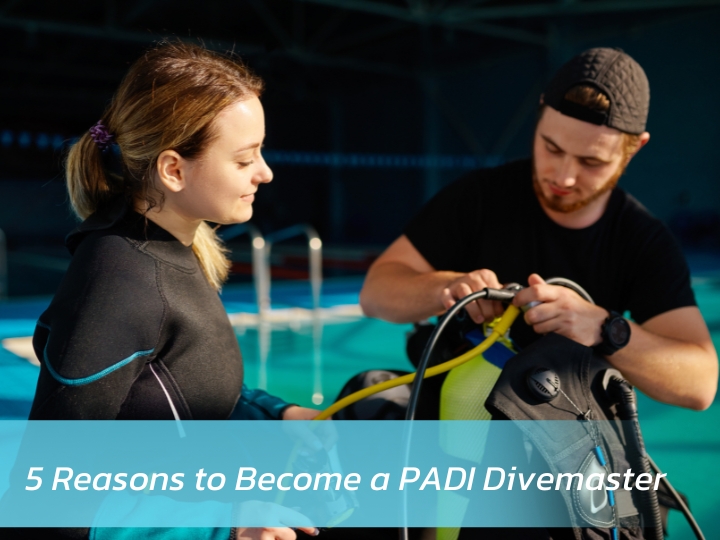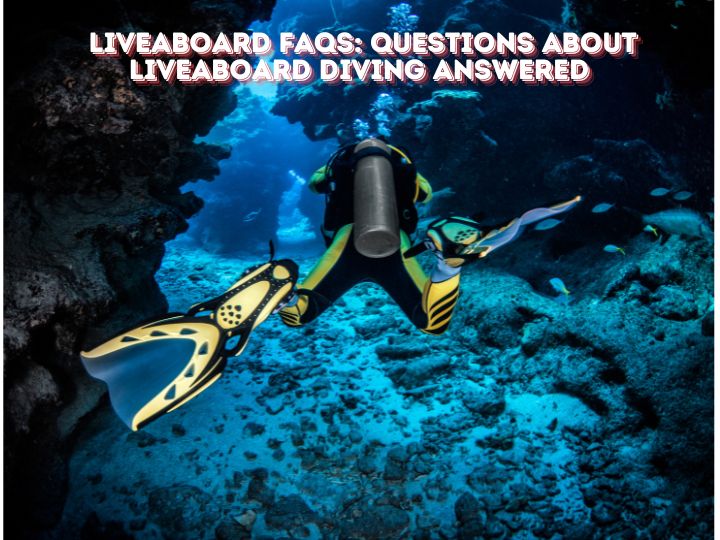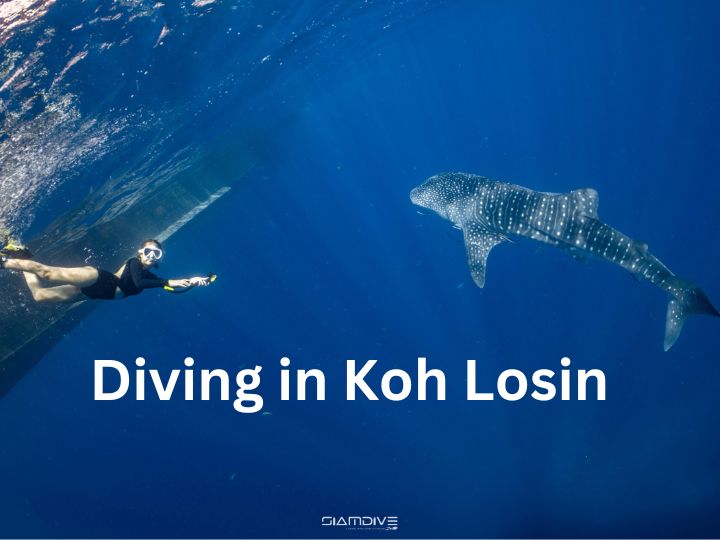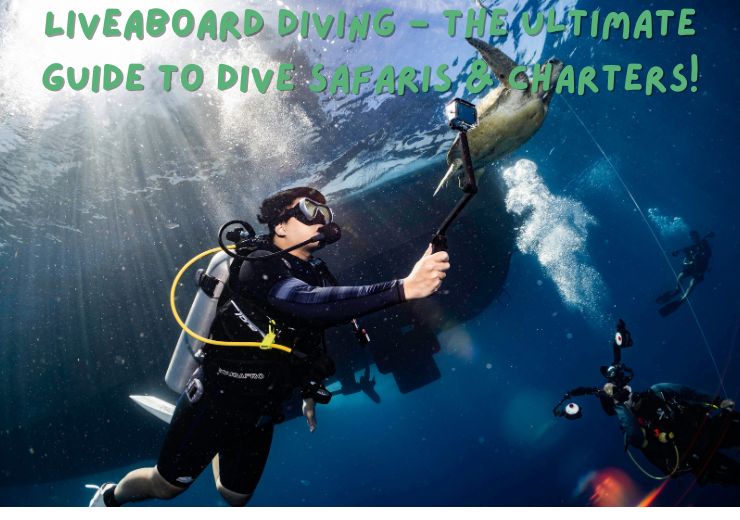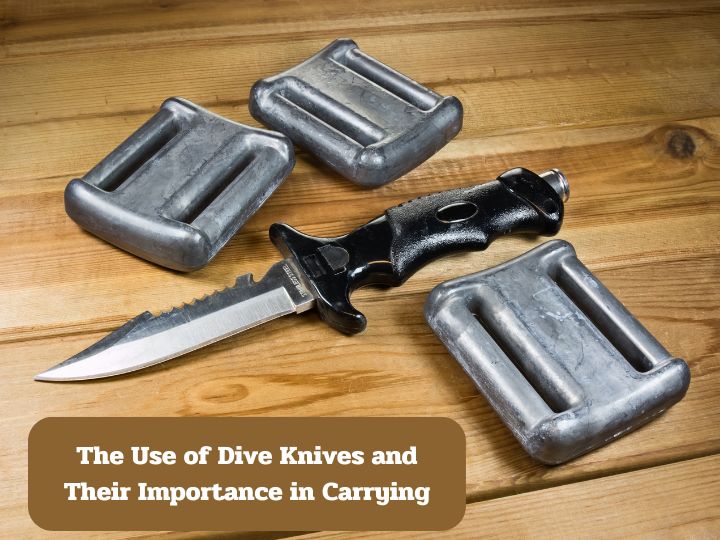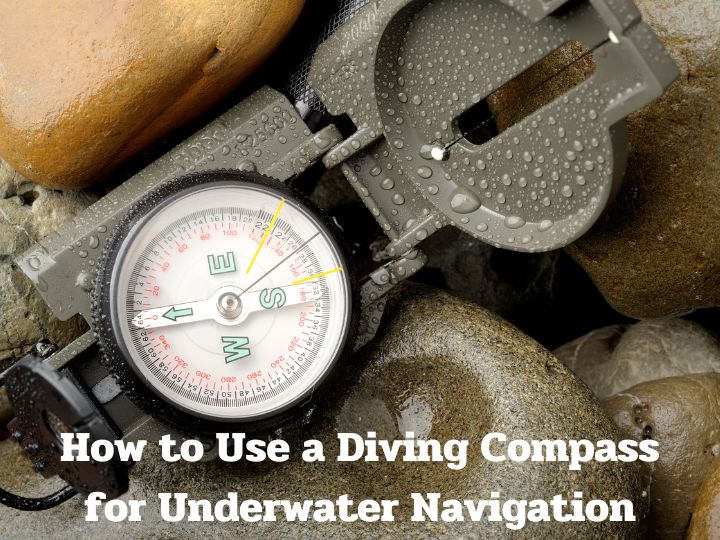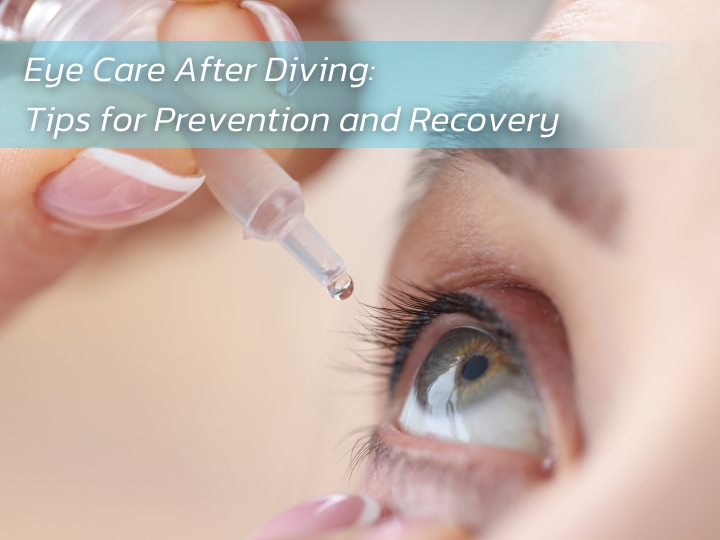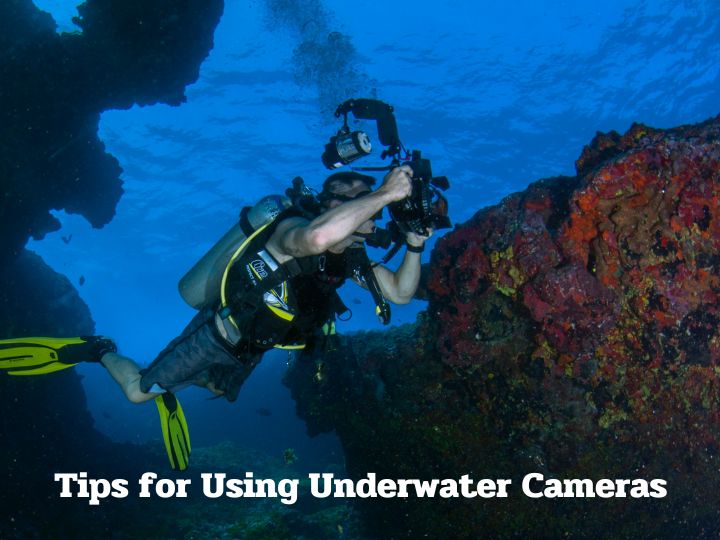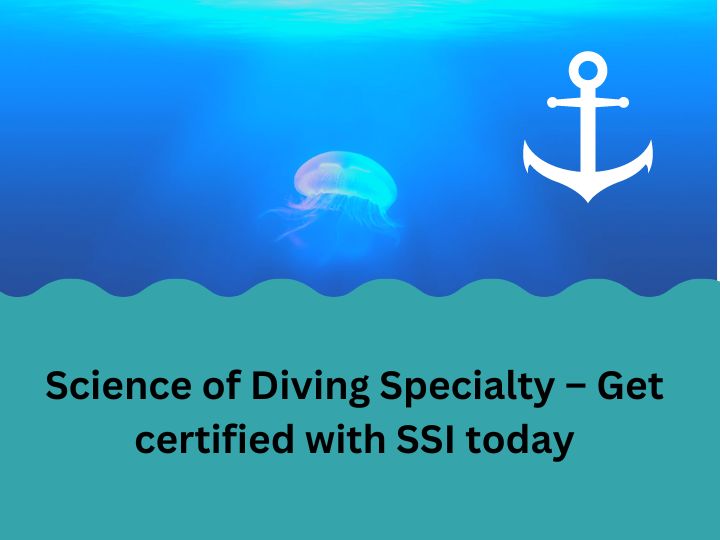
Science of Diving Specialty – Get certified with SSI today
Learning the Science of Diving with SSI opens up a new underwater world, equipping you with essential skills and knowledge for safer and more enjoyable dives.

What is the Science of Diving?
The Science of Diving specialty course is designed to help divers understand the various processes that occur underwater, including how diving equipment works, safety measures, and how the body adapts to underwater conditions.
Reasons to Study the Science of Diving
Studying the Science of Diving will equip divers with the necessary knowledge and skills to dive more safely and effectively. It also opens up opportunities to explore the underwater world from a new perspective.
Benefits of Getting Certified by SSI
Being certified by SSI (Scuba Schools International) grants divers credibility and recognition in the global diving community. It also allows access to dive sites that require specific certifications.
Course Content in the Science of Diving
SSI’s Science of Diving course covers a wide range of topics, from anatomy and the functioning of dive equipment to underwater chemical processes, emergency management, and how the body adjusts to deep dives.
Preparing to Enroll
Before enrolling in the Science of Diving course with SSI, you should have basic diving knowledge and an introductory certification. This ensures you can fully grasp the course content.
Registration and Learning Process
Registering for the Science of Diving course with SSI is simple. You can register online through the SSI website or at an SSI-certified dive center. After registration, you will receive both theoretical and practical training from experienced instructors.
Impact and Experience from Learning the Science of Diving
Upon completing the Science of Diving course, you will have the knowledge and skills to dive with greater confidence and safety. It also offers a deeper and more diverse experience of the underwater world.

Preparing for a Dive
Preparing for a dive is crucial, including checking your dive gear, assessing your health, and practicing using the equipment. Proper preparation reduces the risk of accidents and enhances the diving experience.
Checking Dive Gear
Checking dive gear is an essential step. Ensure that all equipment, such as masks, snorkels, air tanks, and wetsuits, are in good condition and ready for use.
Health Assessment
A health assessment before diving is necessary. Consult a doctor and get a regular health check-up to ensure your body is ready for diving, especially if you have any underlying health conditions or past health issues that might affect diving.
Practicing with Dive Equipment
Practicing with dive equipment helps build confidence and proficiency. You can practice with an instructor or join additional training classes to develop your skills and knowledge.
Diving in Emergency Situations
Learning to dive in emergency situations is vital due to the high risks involved in diving. Preparing and learning how to handle emergencies reduces the risk of accidents and increases dive safety.
Handling Problems Underwater
Handling problems underwater, such as breathing difficulties, equipment loss, or encountering unsafe marine life, requires learning how to manage and resolve these issues to ensure safe and smooth diving experiences.
Body Adaptation in Deep Dives
Deep diving requires significant body adaptation due to increased water pressure. Learn how to adjust your body and control ear pressure and other parts of the body to prevent injuries.

Research Diving
Research diving is a challenging and fascinating activity, allowing you to collect underwater data and samples for scientific analysis. It requires advanced diving skills and knowledge, as well as the use of specialized research equipment.
Collecting Underwater Data
Collecting underwater data is a crucial process in research. Learn to use tools like underwater cameras, chemical measurement devices, and sample collection equipment to gather accurate and comprehensive data.
Recreational Diving
Recreational diving offers relaxation and enjoyment as you explore the beautiful underwater world and encounter diverse marine life. It requires basic diving skills and knowledge to choose safe dive sites.
Choosing Dive Sites
Choosing dive sites is essential for safe diving. Select sites with safe environments and support services from reputable dive centers. Also, check weather and current conditions for smooth diving experiences.
Exploratory Diving
Exploratory diving is an exciting adventure, allowing you to explore uncharted underwater areas and discover new things. It requires thorough preparation and expert diving skills, as well as specialized exploration tools.
Using Exploration Tools
Using exploration tools is essential for exploratory diving. Learn to use tools like sonar, depth gauges, and underwater cameras to explore and record data about underwater areas.

Essential Dive Equipment
Diving requires quality and suitable equipment. You should have basic diving gear like masks, snorkels, air tanks, and wetsuits, along with other necessary accessories such as depth gauges and underwater compasses. Choosing the right dive equipment enhances safety and enjoyment in diving.
Choosing a Dive Mask
Choosing a dive mask is crucial. Select a mask that fits snugly and seals well to prevent water leakage. Also, choose a mask with clear lenses for good visibility.
Maintaining Dive Equipment
Maintaining dive equipment is essential for longevity and safety. Clean your equipment after use and regularly inspect it to ensure it is in good condition.
Storing Dive Equipment
Storing dive equipment in a dry and safe place is important. Keep it away from moisture and direct sunlight to prevent deterioration.
Dive Safety
Dive safety is of utmost importance. Learn to dive safely and adhere strictly to diving rules and guidelines.
Following Diving Regulations
Following diving regulations is necessary for safety. Adhere to the rules set by dive centers and instructors, and follow diving guidelines to prevent accidents and ensure safe diving.

Advanced Diving
Advanced diving is an activity that requires more skills and knowledge. You will learn to dive in more challenging environments, such as cave diving, deep diving, and diving in rapidly changing currents. Learning advanced diving skills enhances experience and expertise in diving.
Cave Diving
Cave diving is a challenging activity that requires good preparation. Learn to use specialized tools like cave harnesses and depth gauges to dive in complex and challenging environments.
Deep Diving
Deep diving involves diving at greater depths, requiring body adaptation and the use of specialized equipment. Learn to adjust your body and use deep diving equipment to prevent injuries and increase safety.
Diving in Changing Environments
Diving in changing environments, such as strong currents or areas with rapidly changing weather conditions, is challenging. Learn to adapt and use equipment for safe diving in these environments.
Additional Training
Additional training is essential for divers who want to develop their skills and expertise. Join additional training classes or practice with instructors to increase confidence and experience in diving.
Participating in Additional Training Classes
Participating in additional training classes helps divers learn new skills and receive guidance from experienced instructors. Choose training classes that meet your needs and expertise level.
